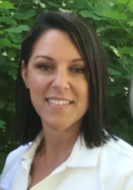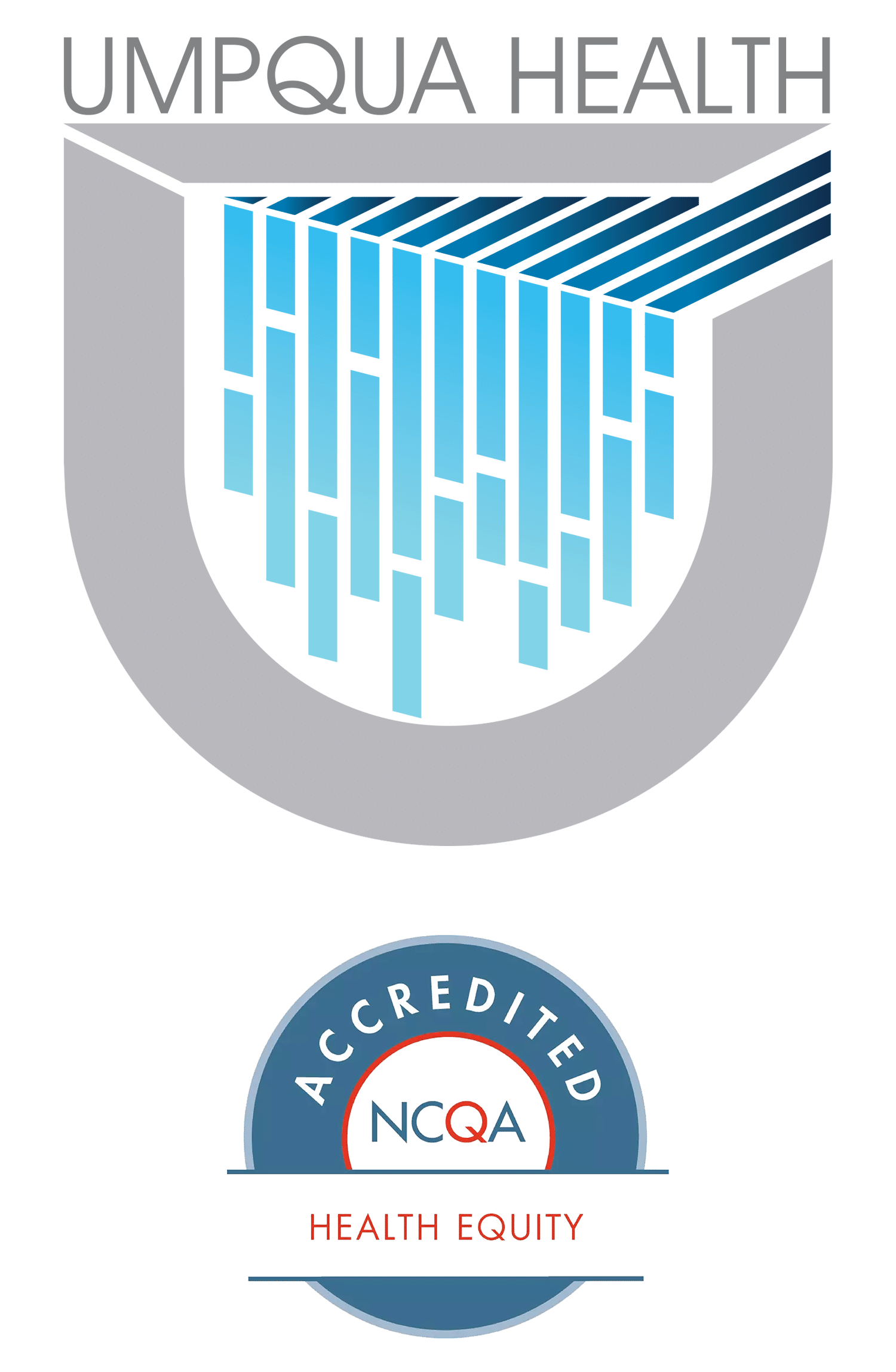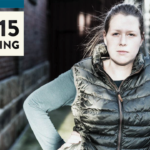LOCAL VOICES: Solving Homelessness Requires a Community Response
This column by Jaime Simmons, Director of Medical Management for Umpqua Health, appeared in the Wednesday, August 4 edition of the News-Review.

Jaime Simmons
When it comes to homelessness in Douglas County, many people offer an easy and singular answer. Get a job, get an apartment, get it together.
It’s become clear that a magic catch-all solution doesn’t exist. This is largely because of the numerous and wide-ranging barriers that can stand between each homeless individual and a more stable, safe, and healthy lifestyle.
Those who look for the singular answer often also foster the idea that one entity will solve the problem, whether that be a non-profit, faith-based organization, government agency, or other group or coalition.
The good news is that as a community we’re beginning to take a holistic approach to the issue. Instead of looking for a single solution to all homelessness, we are forming and strengthening alliances to take on differing needs.
Health care providers have always had difficulty connecting with the homeless population. For many people living on the fringes of society, their only interaction with medical services is the emergency room. This is not only a costly approach to health care, it also decreases quality of life as small medical issues can fester into real emergencies.
In my role at Umpqua Health Alliance, I began getting actively engaged with the homeless population last fall as we developed the Mobile Outreach Team (MOT). Our goal was to make earlier and stronger connections with people covered by the Oregon Health Plan to better understand and assess their most pressing needs.
What we found were many small but very real barriers to receiving services. For some, it was as simple as needing a physical ID, which often doesn’t survive the circumstances that lead to homelessness. Others had criminal records that have severely hampered their ability to secure employment and housing. Access to the internet or a cellphone, medications, and behavioral health services also ranked high.
We also found that most of the people we talked to wanted help. Not everyone is looking for the same path or end result, but most could point to a specific need and asked for assistance. That’s where Community Health Workers (CHWs) step in to help navigate the health care system and connect them with basic resources.
That requires having a network to rely on, and in Douglas County we do have many different organizations and groups with specific skills. No single entity can provide everything, but by working together they can meet any need that comes their way.
As a community, the biggest hurdle we must overcome is the negative stigma around homelessness. The underlying trauma and circumstances that leave people in compromised living situations will always exist. But by affirming the value of each person and committing to provide a path to stability for anyone who needs it, we can make a difference in many lives.
—
Jaime Simmons is the Director of Medical Management for Umpqua Health, a Registered Nurse, and a member of the Mobile Outreach Team (MOT).




